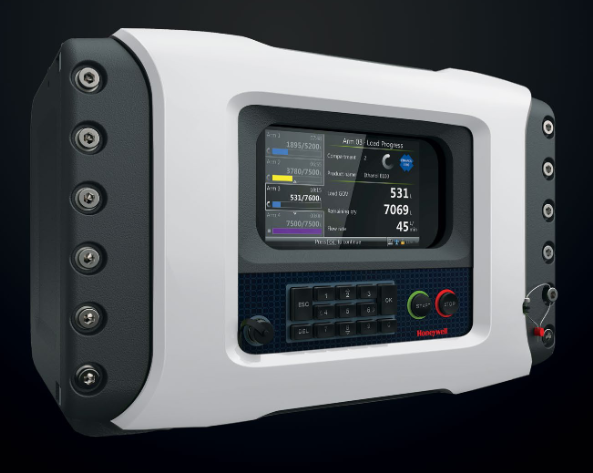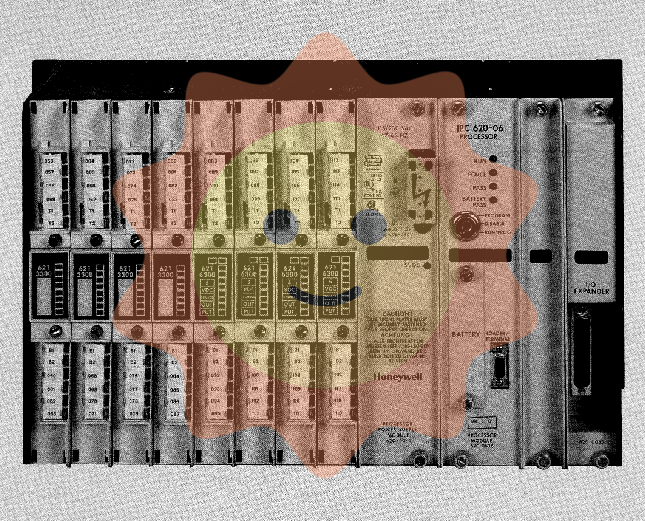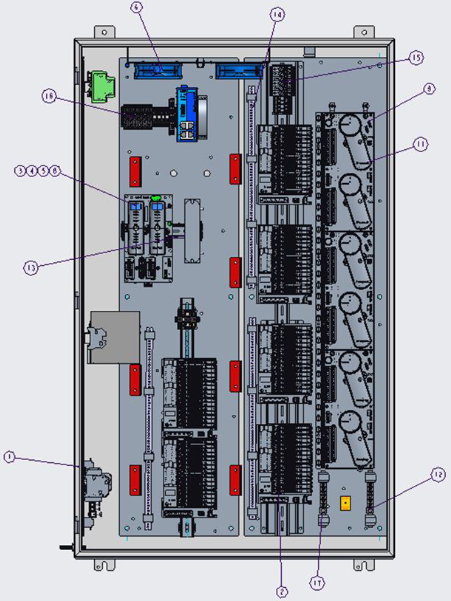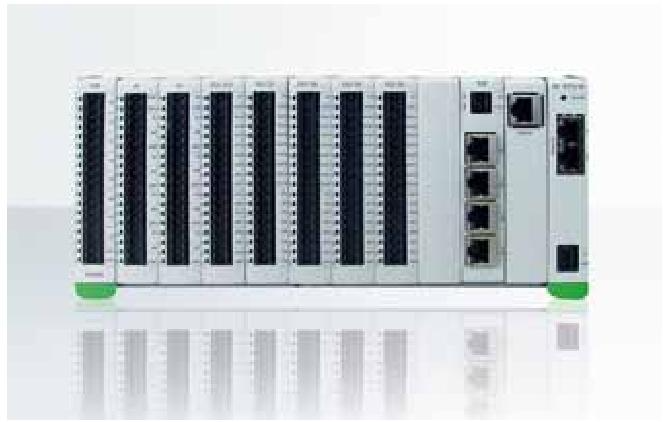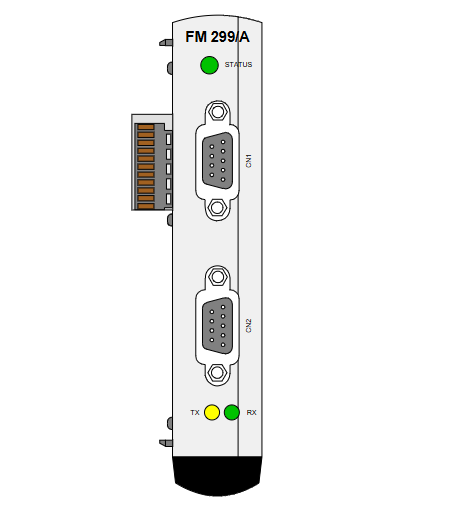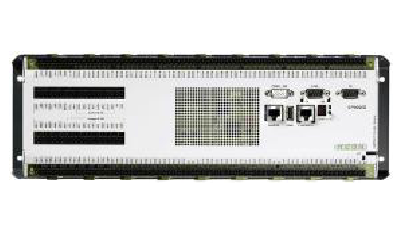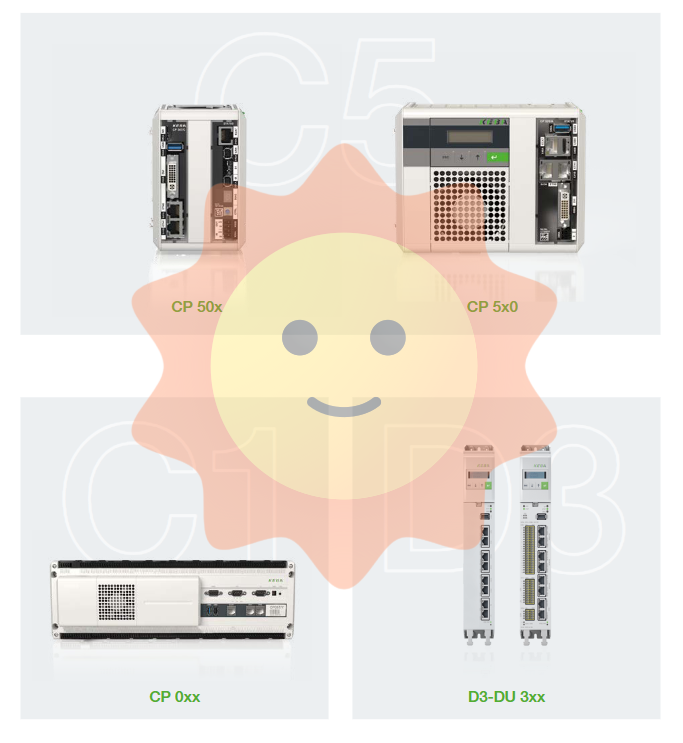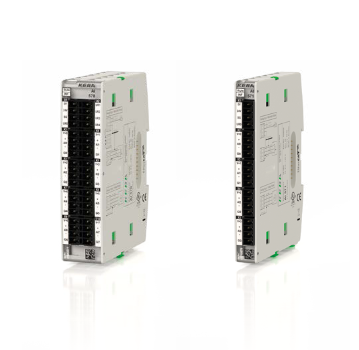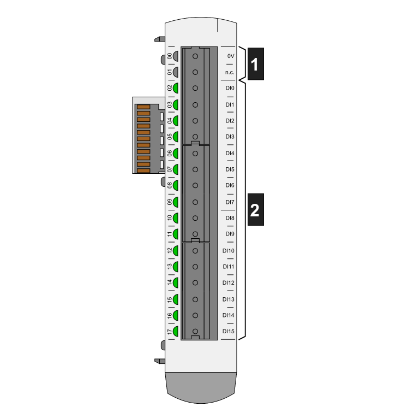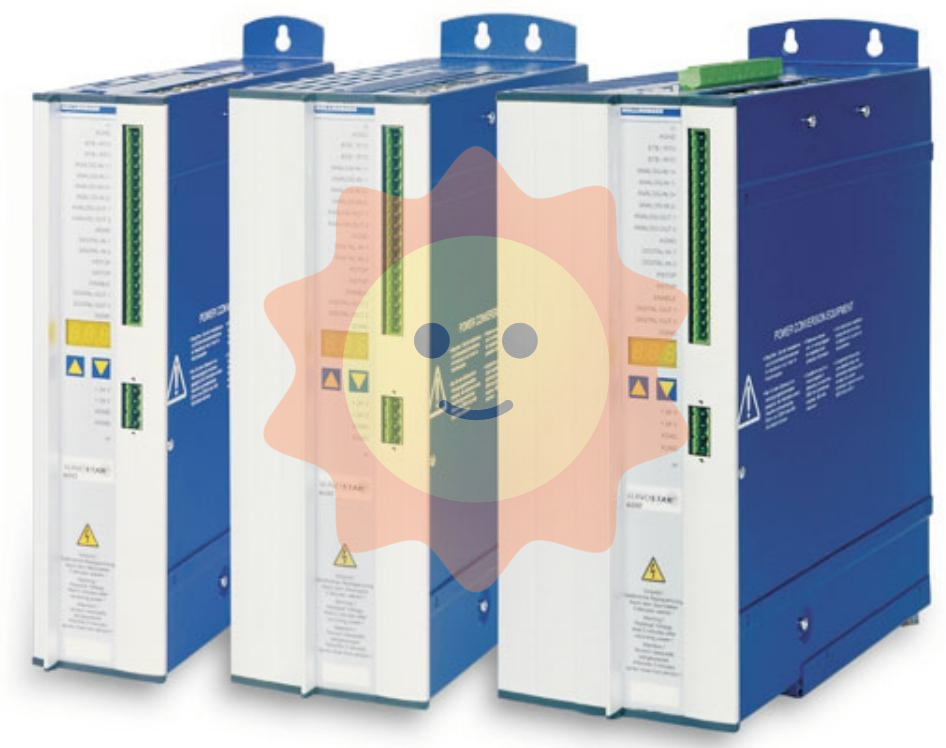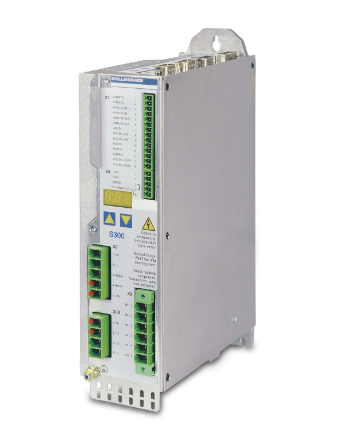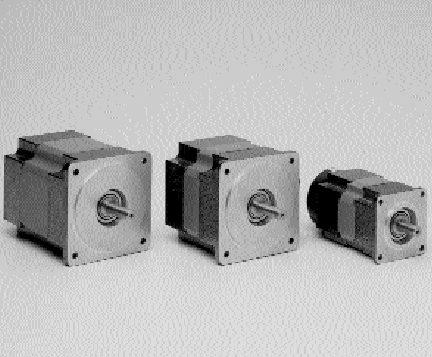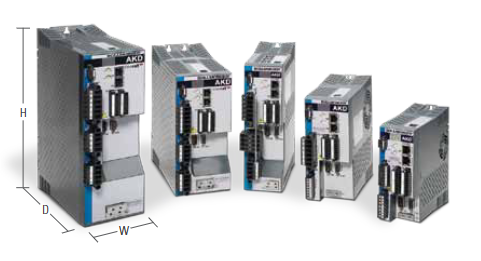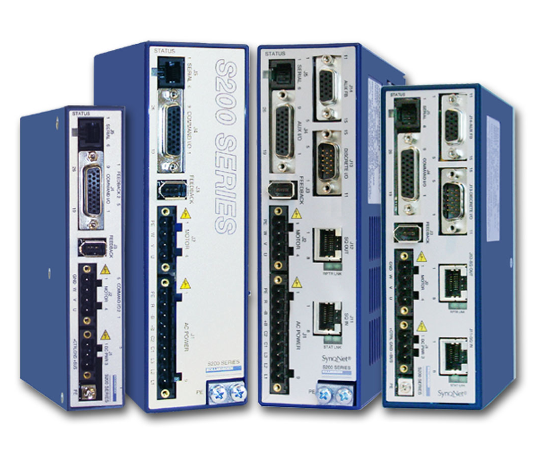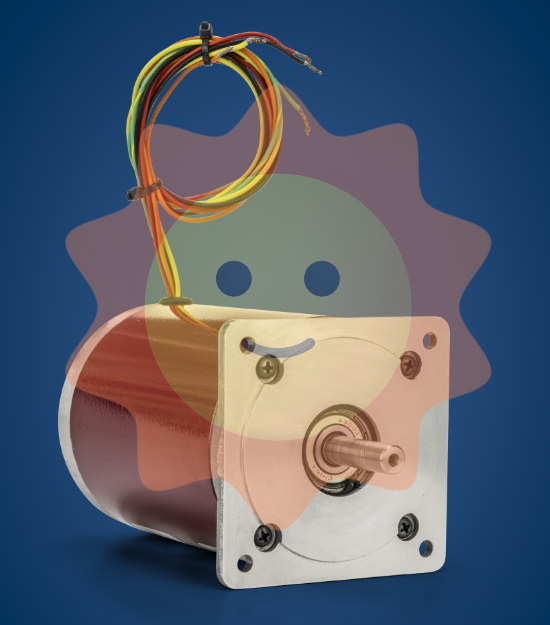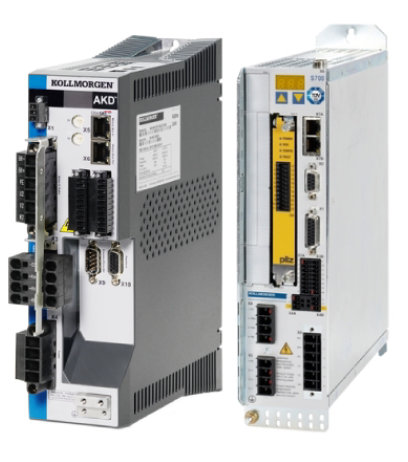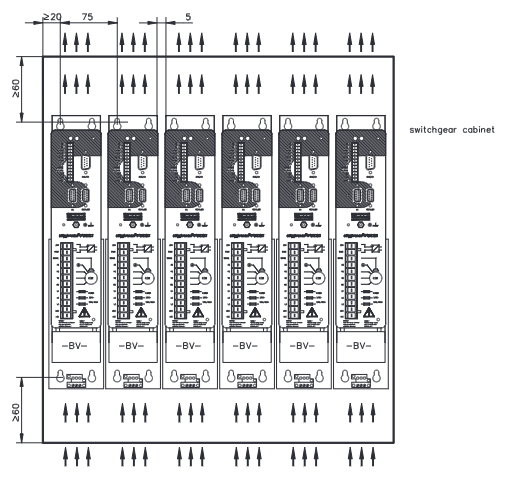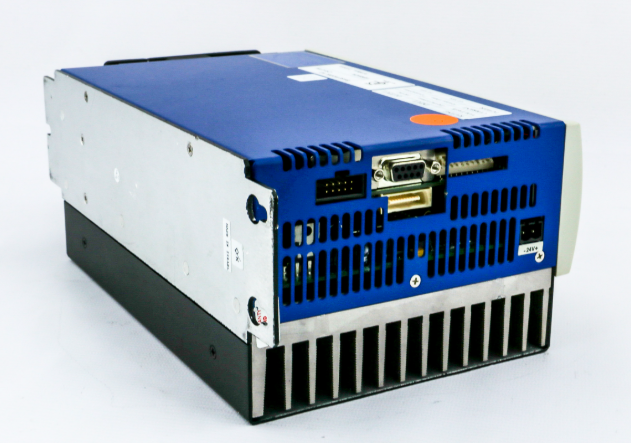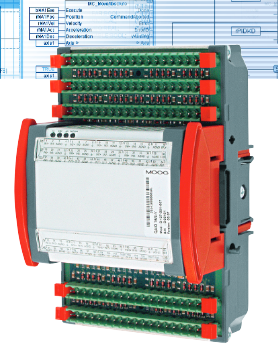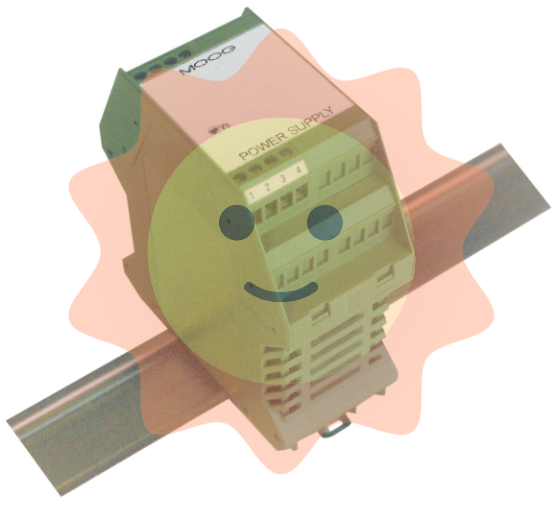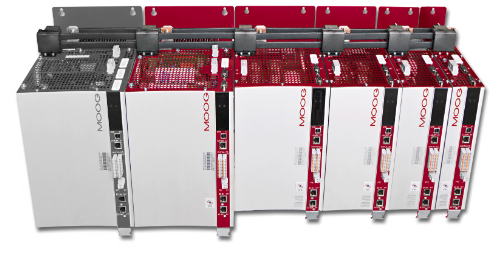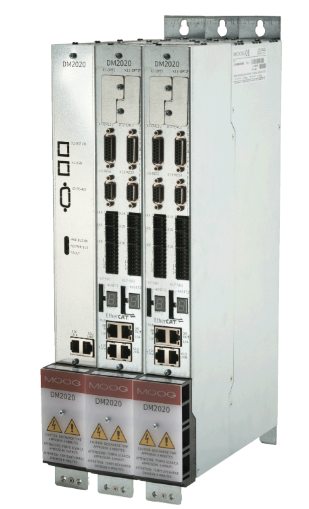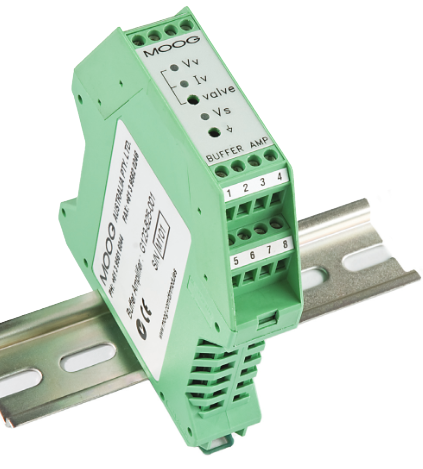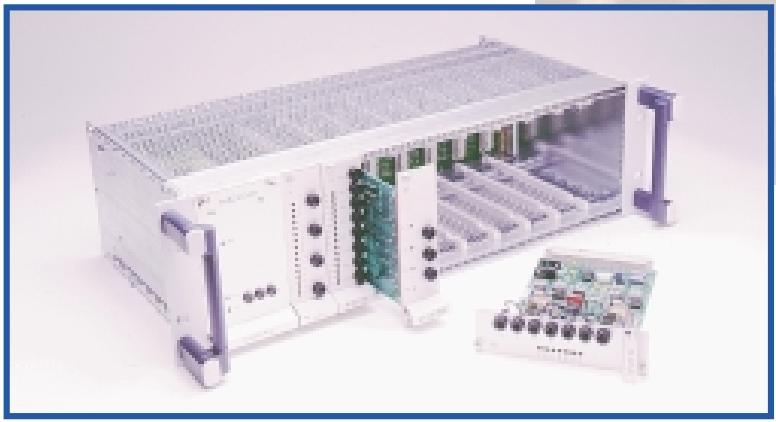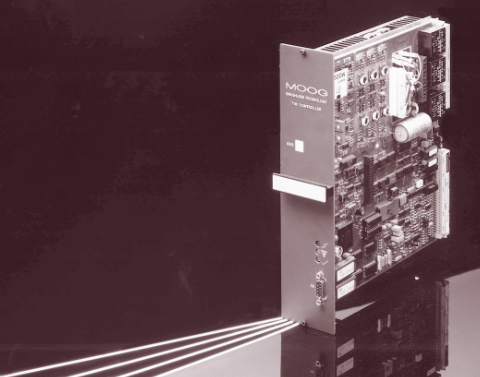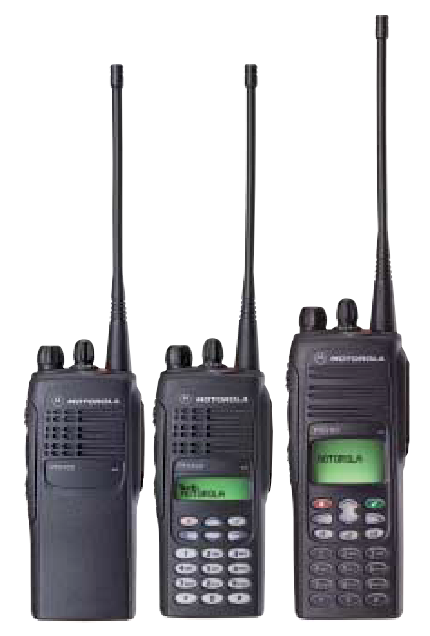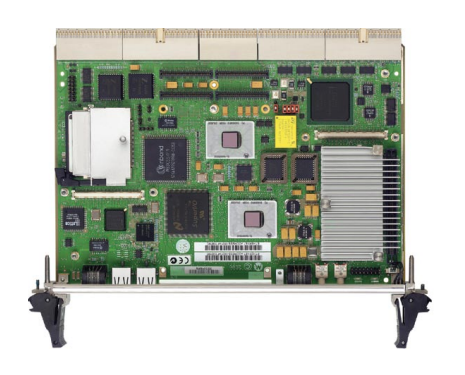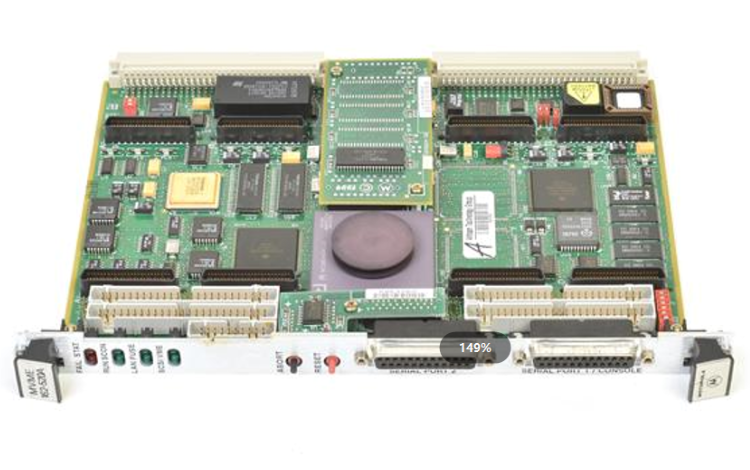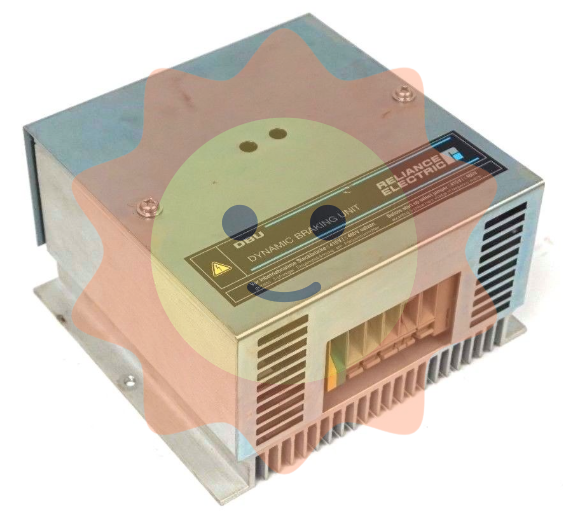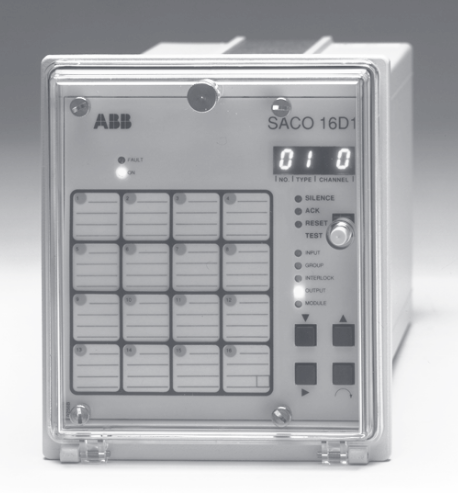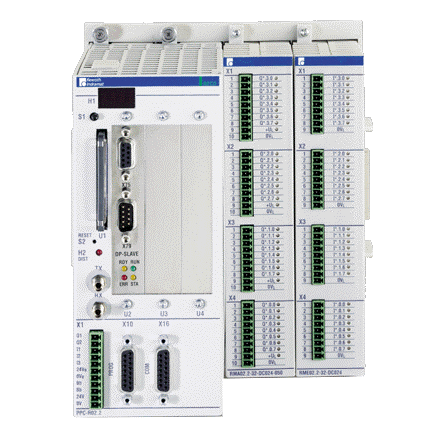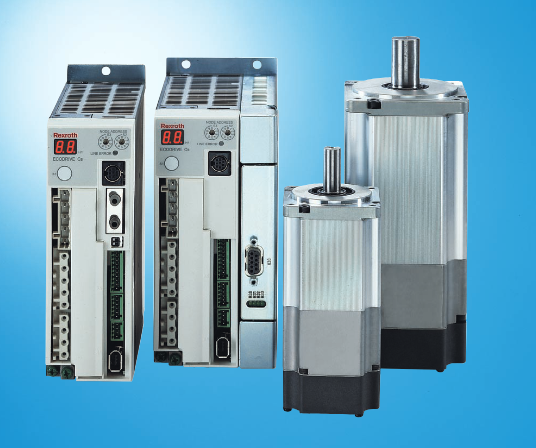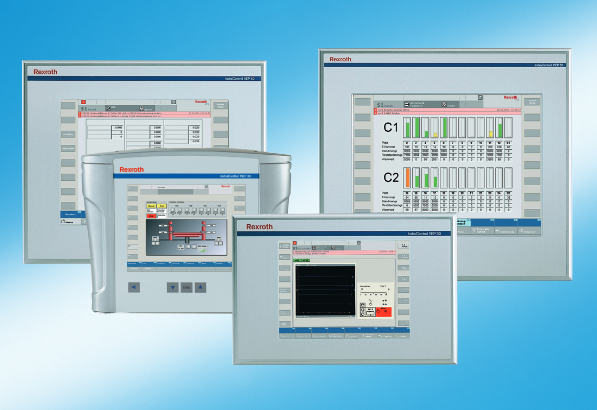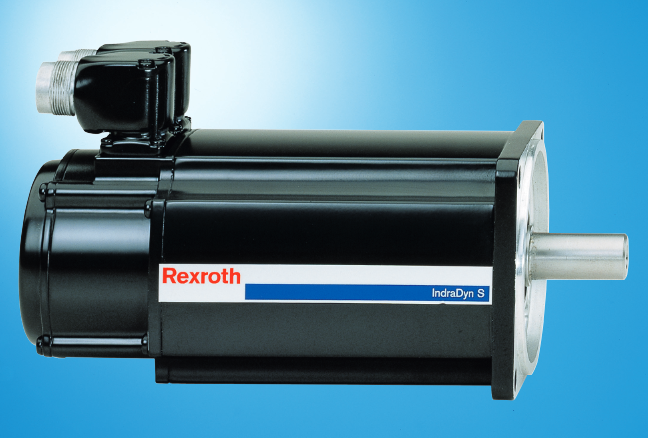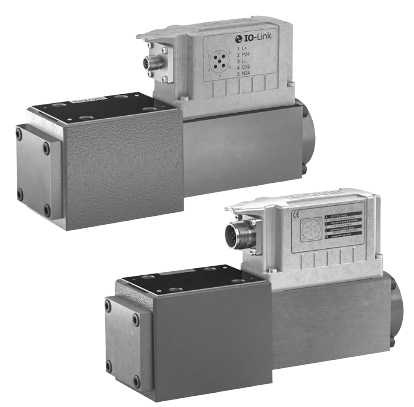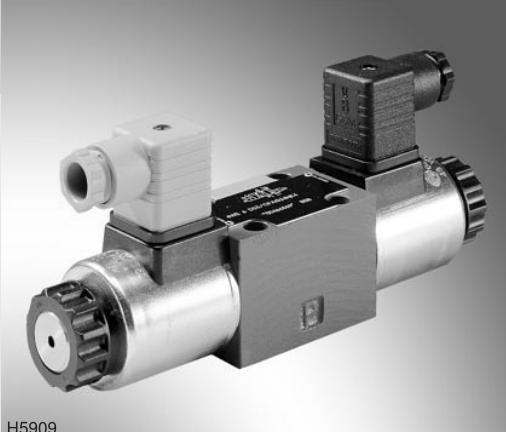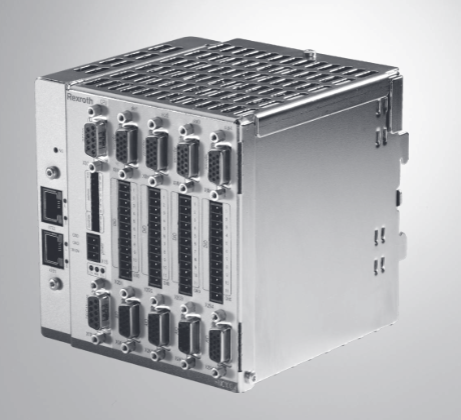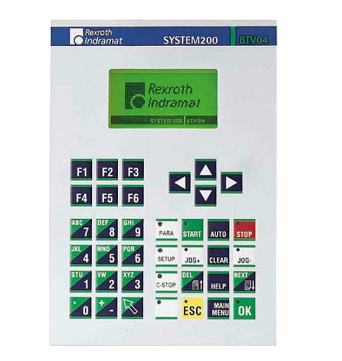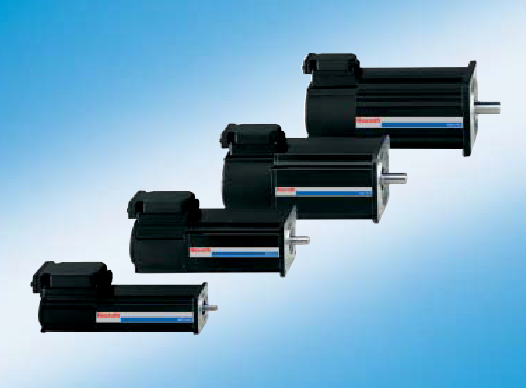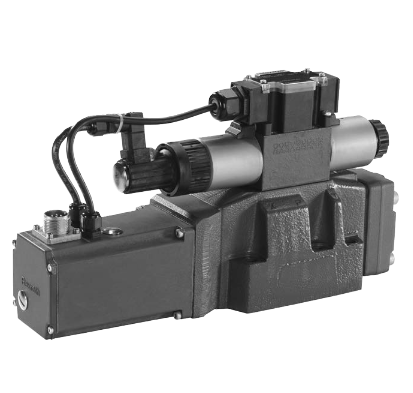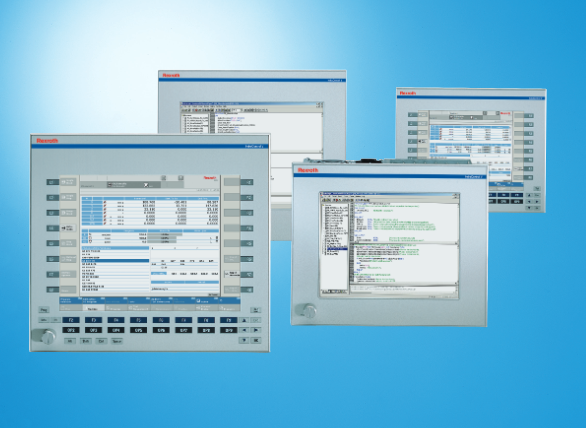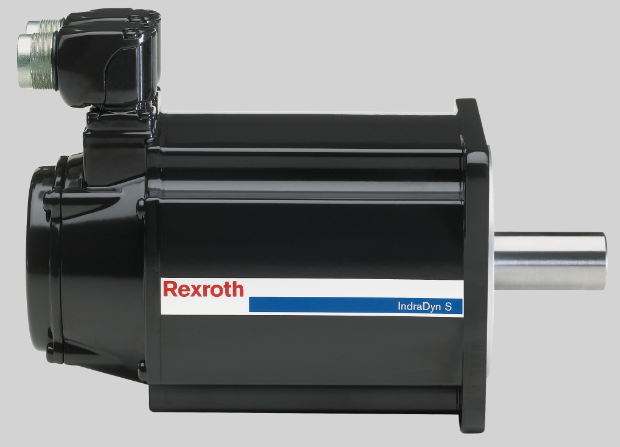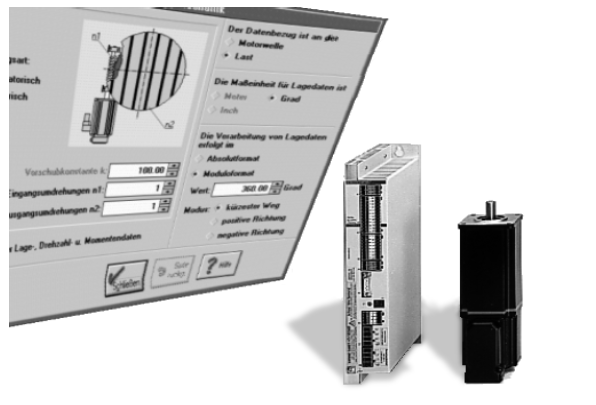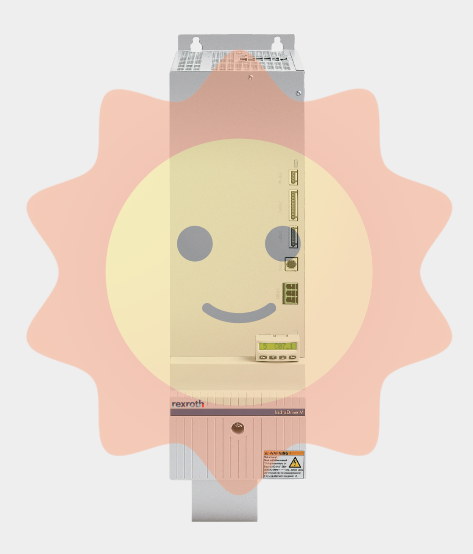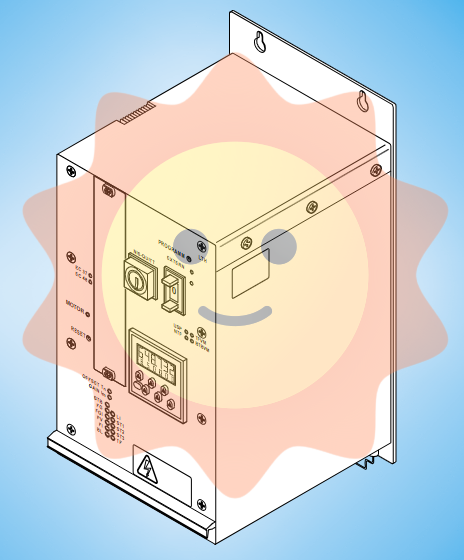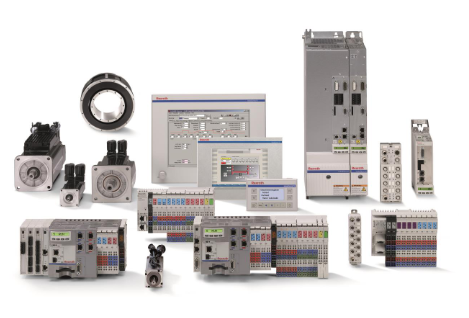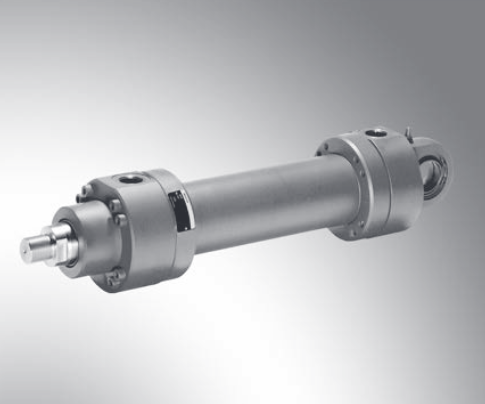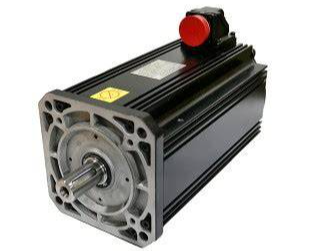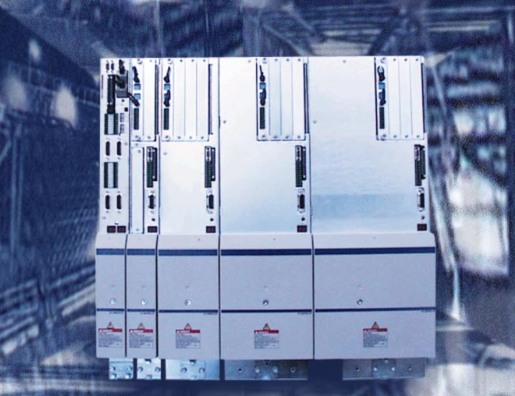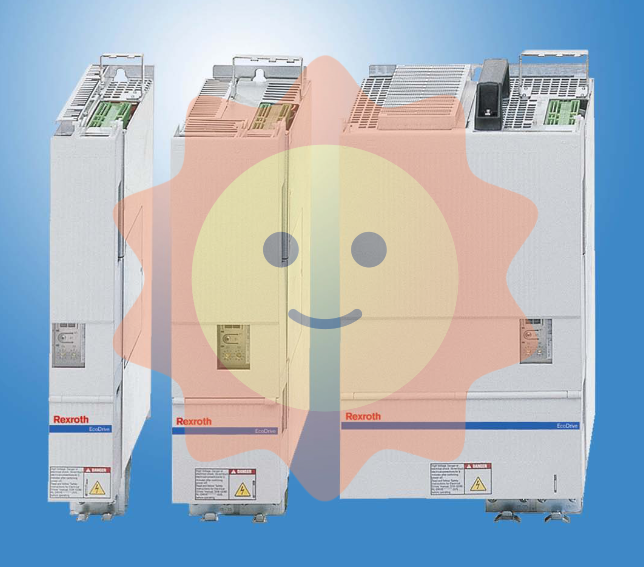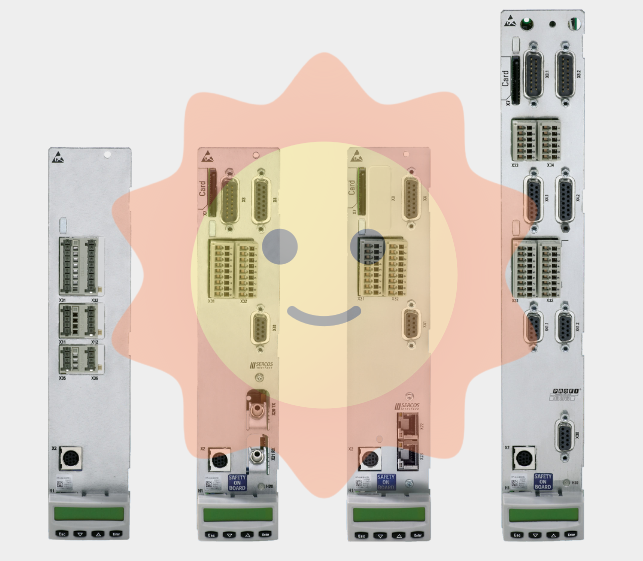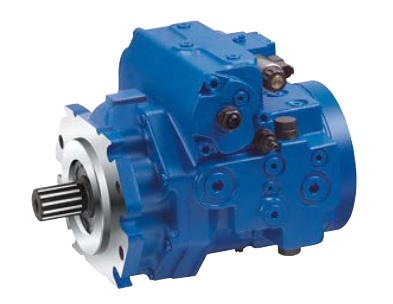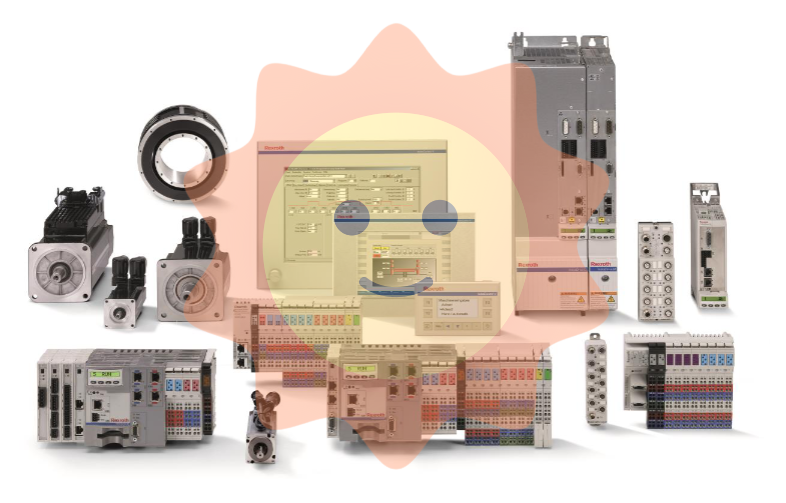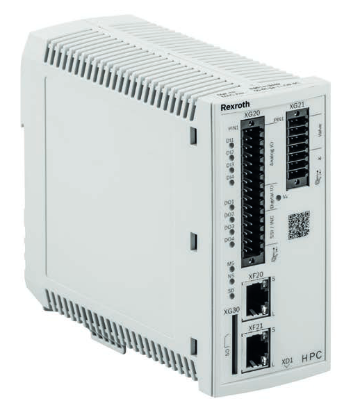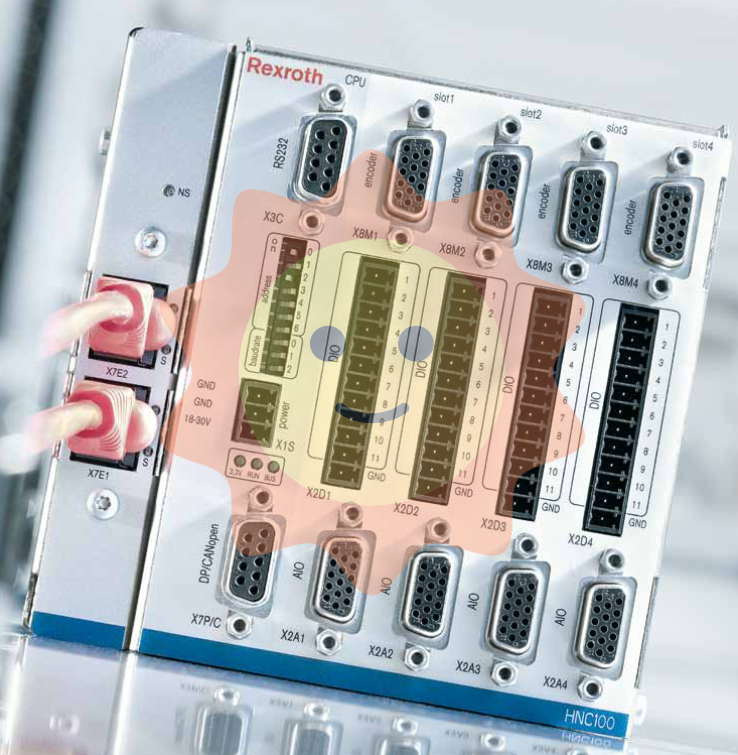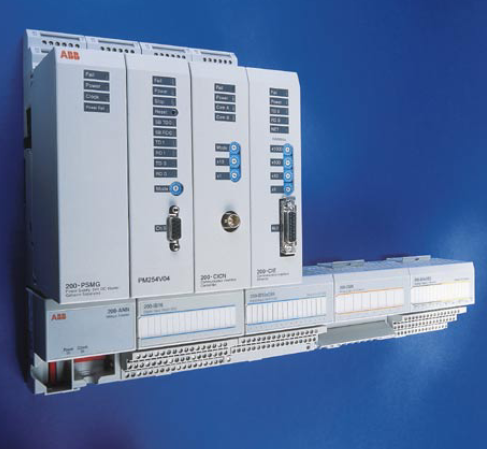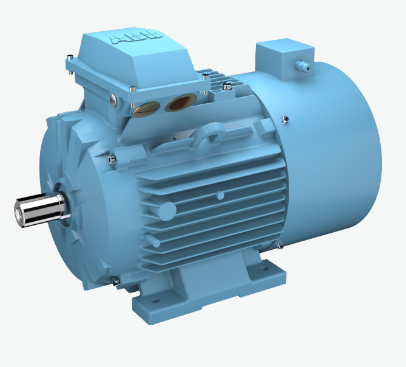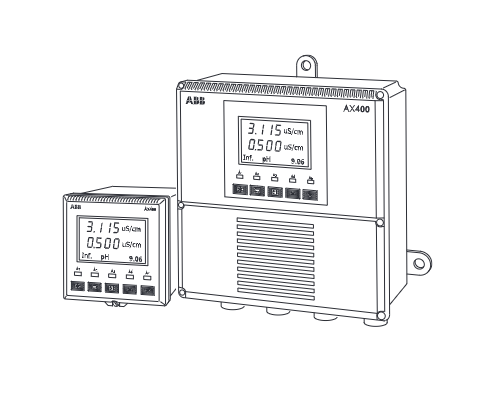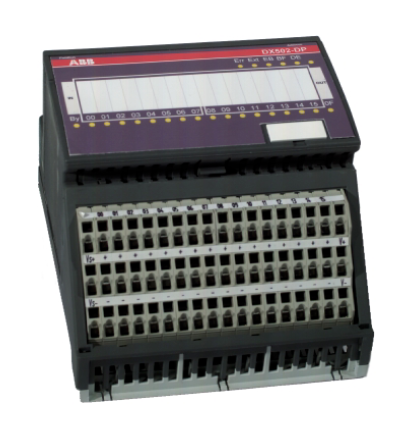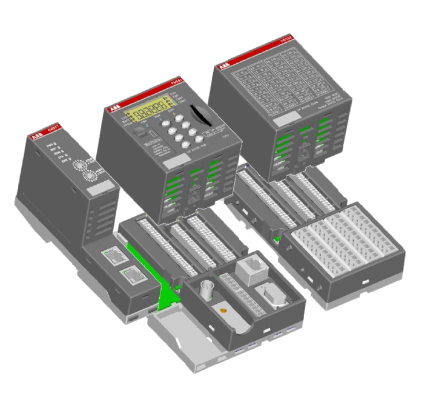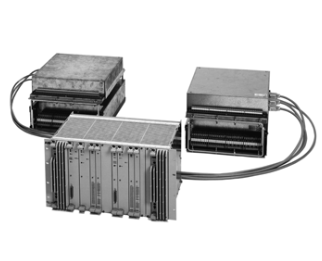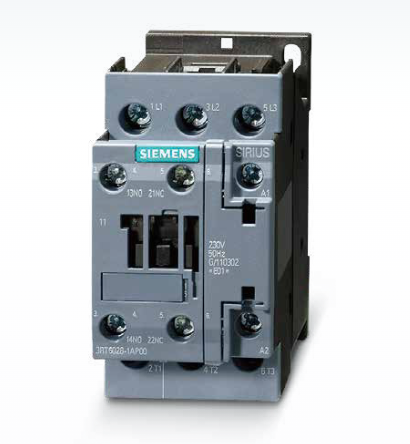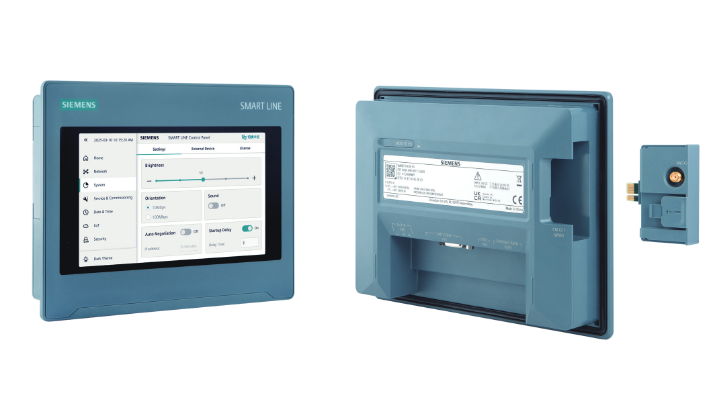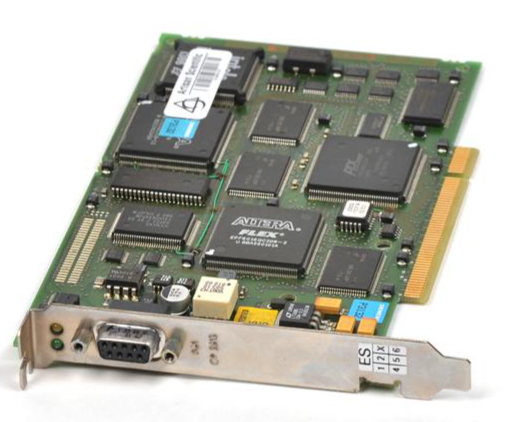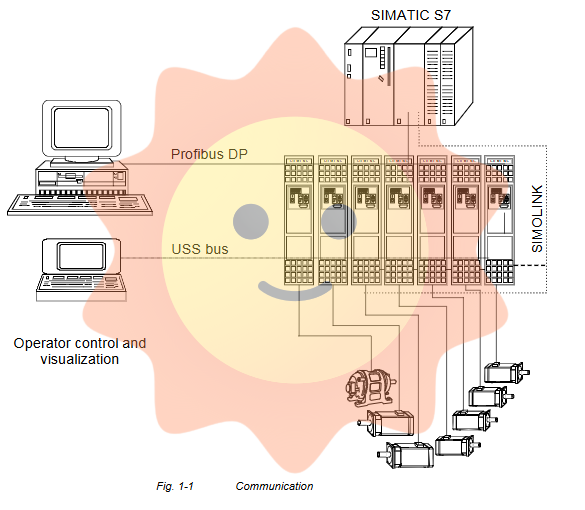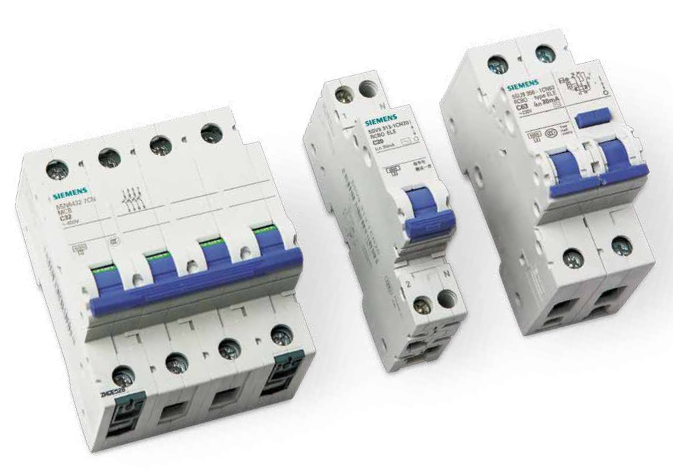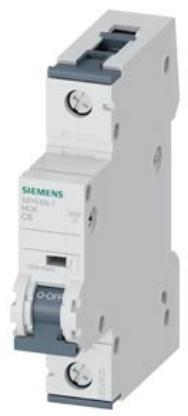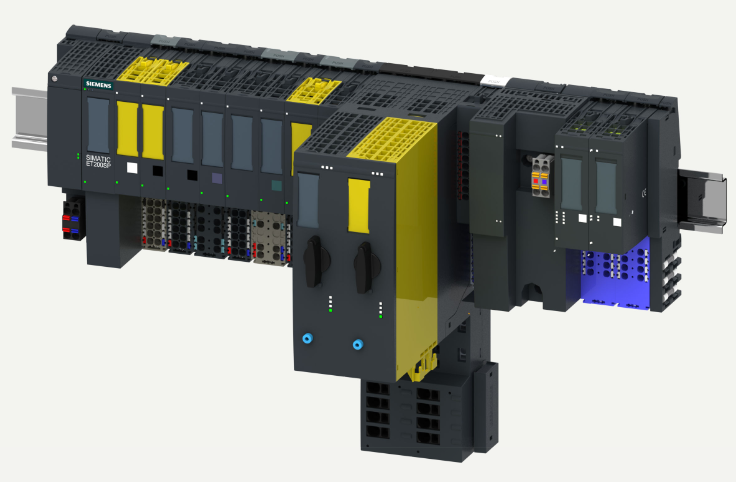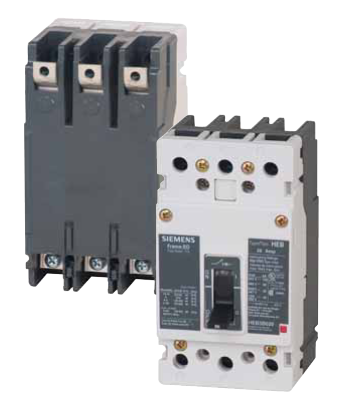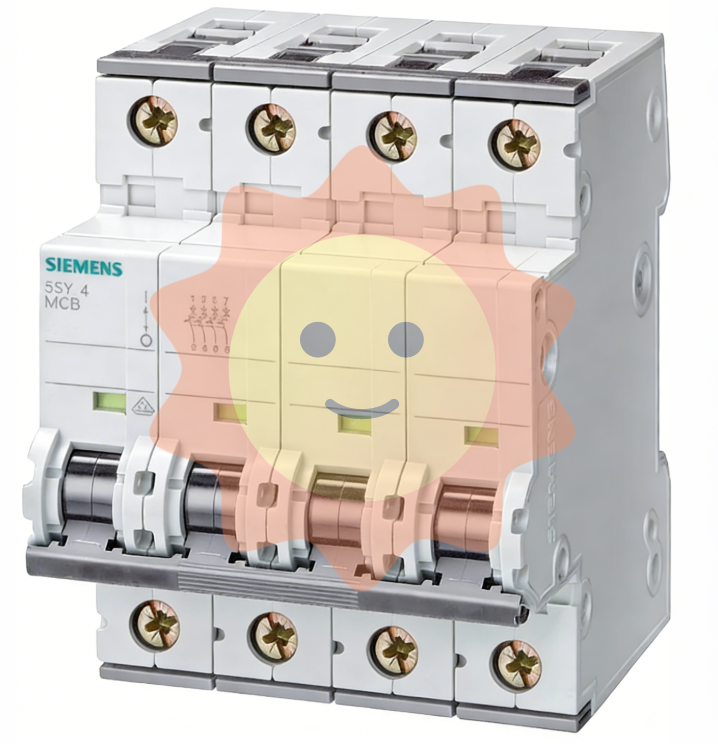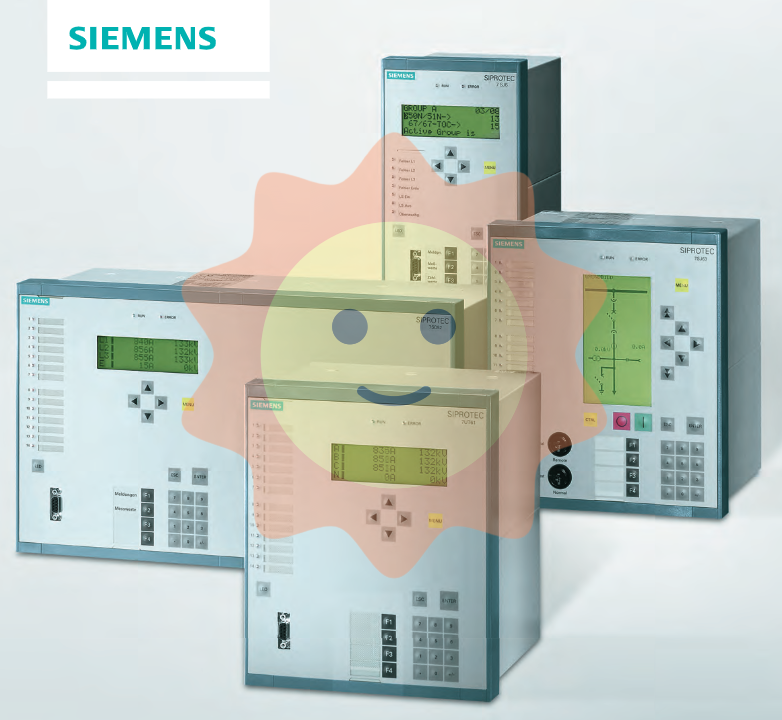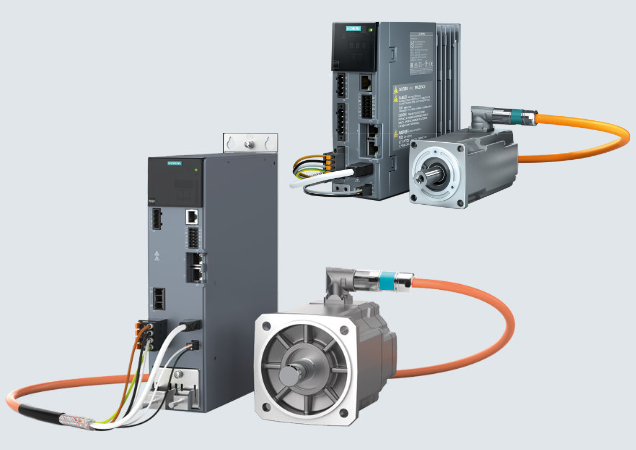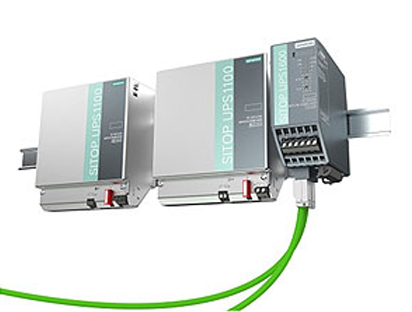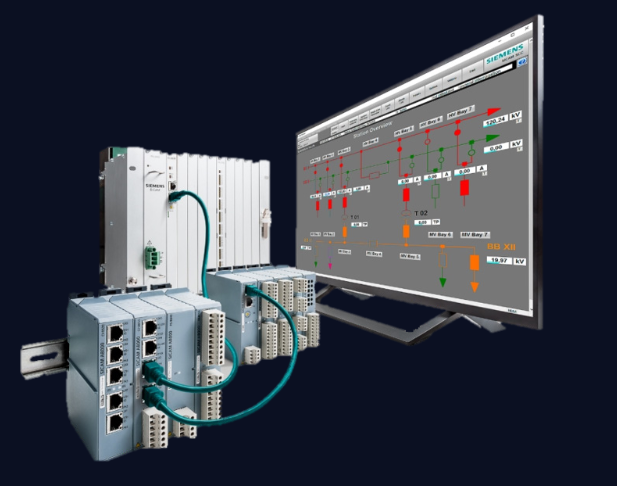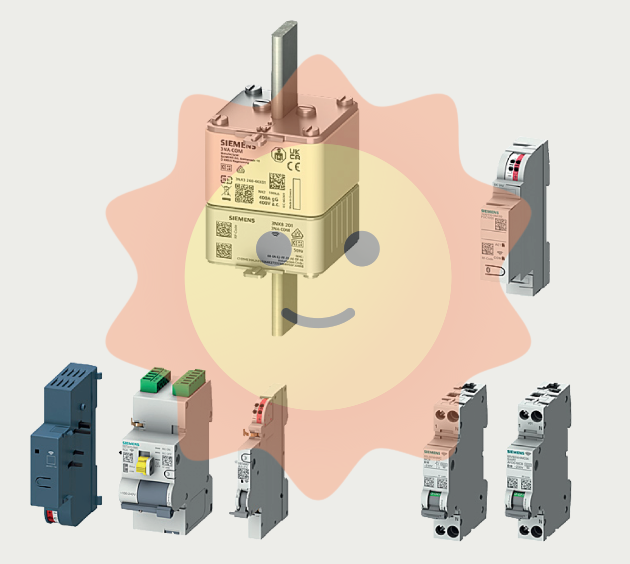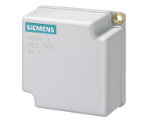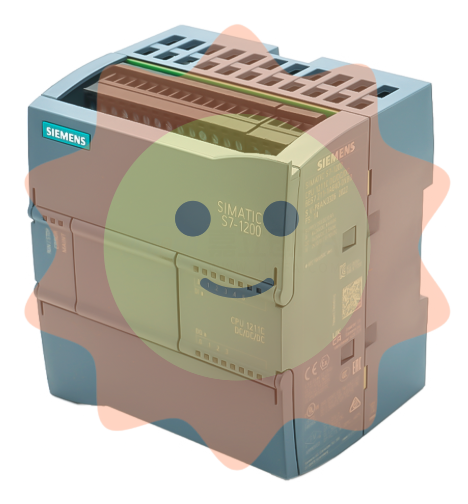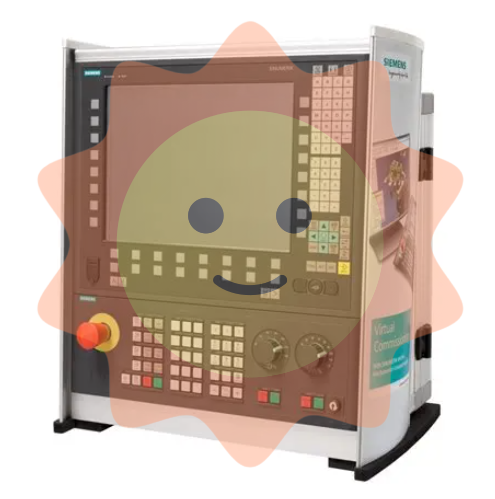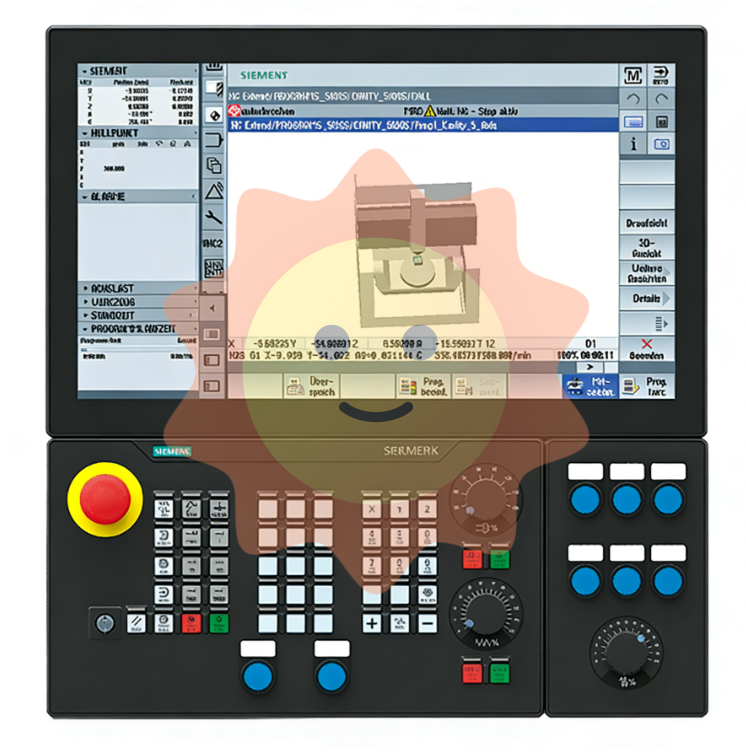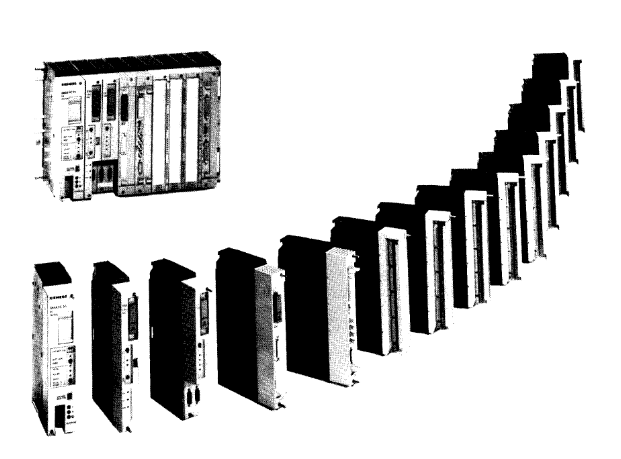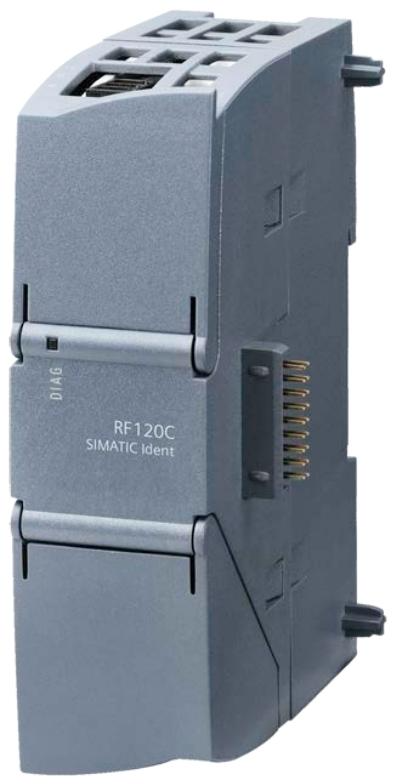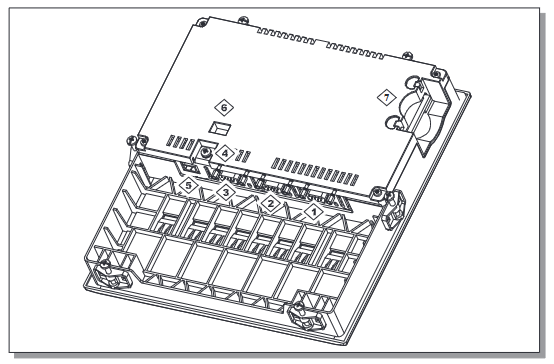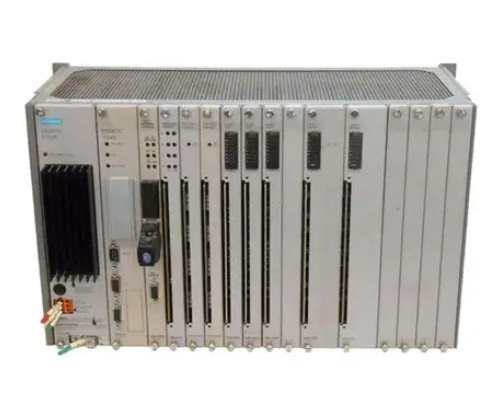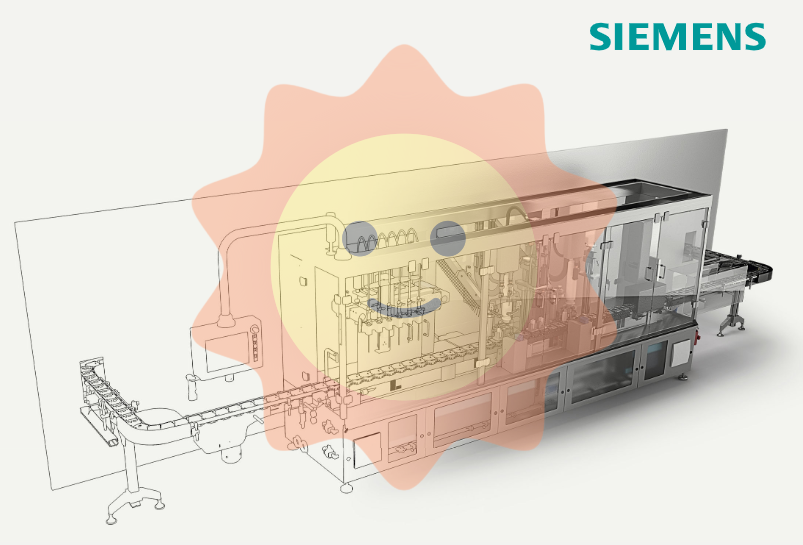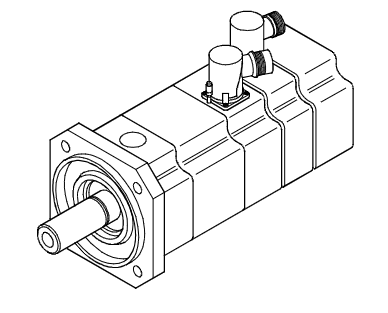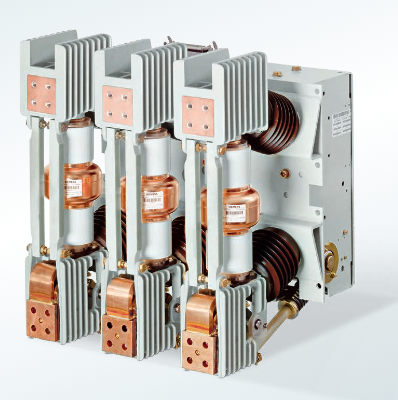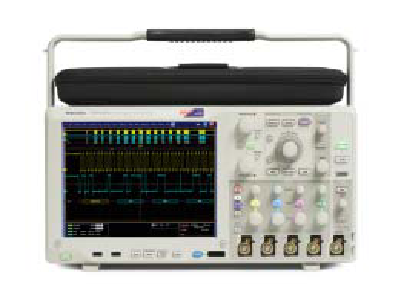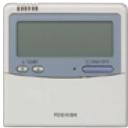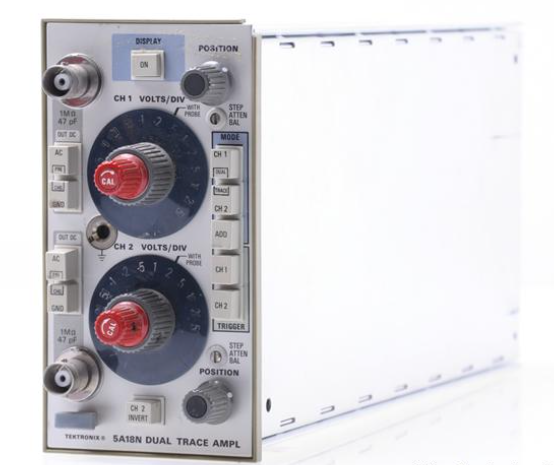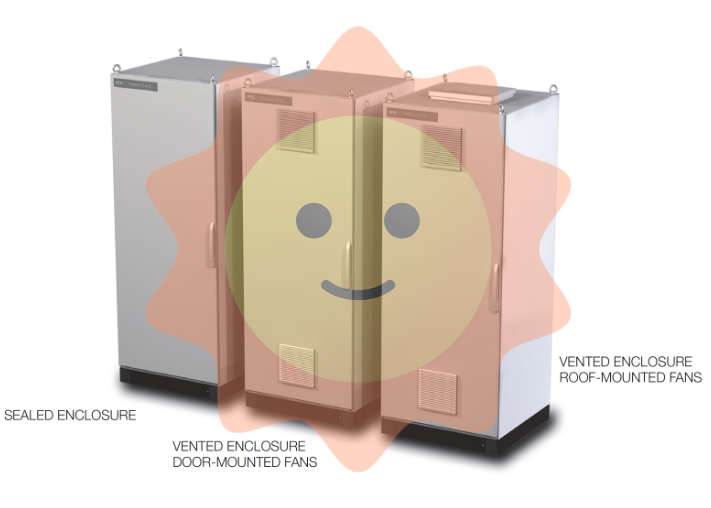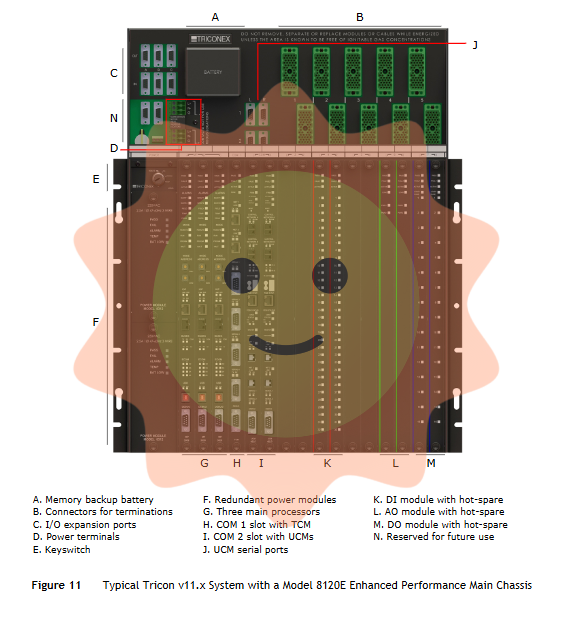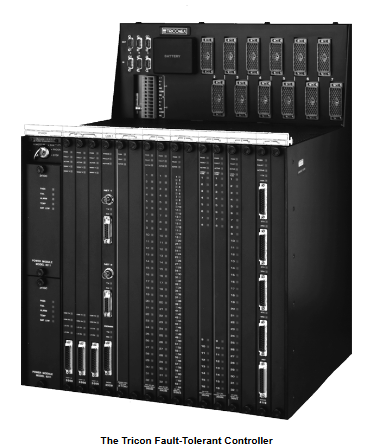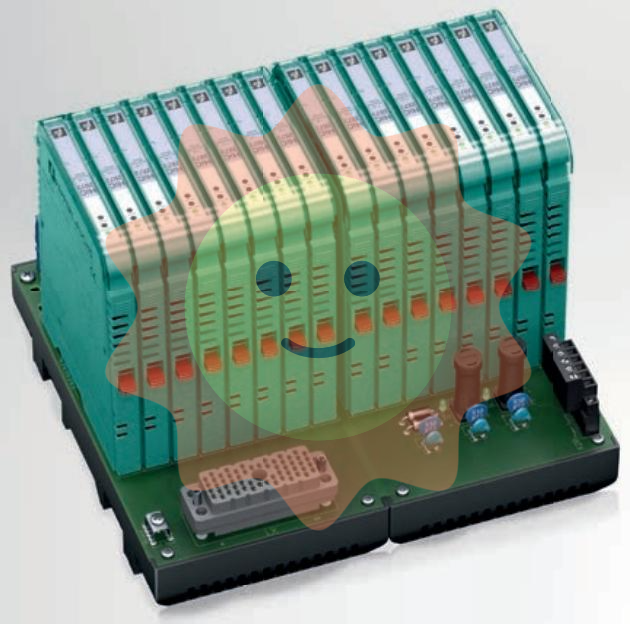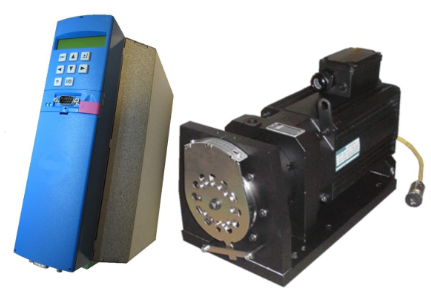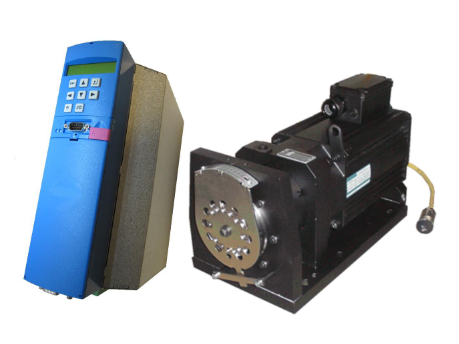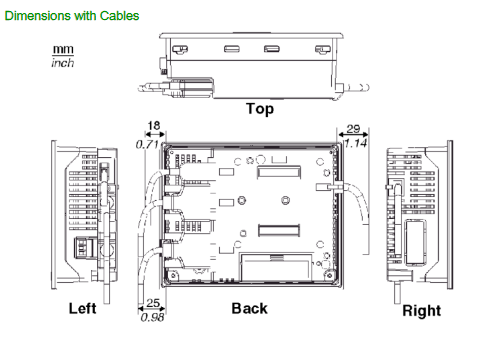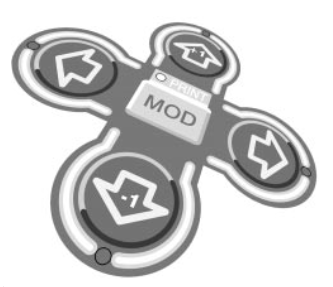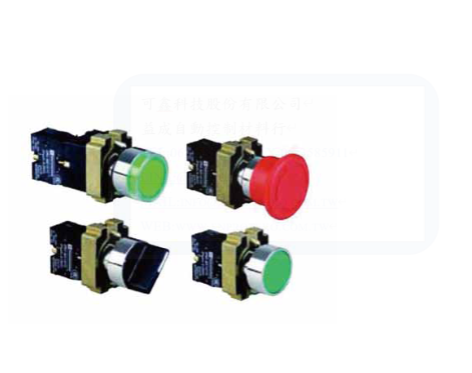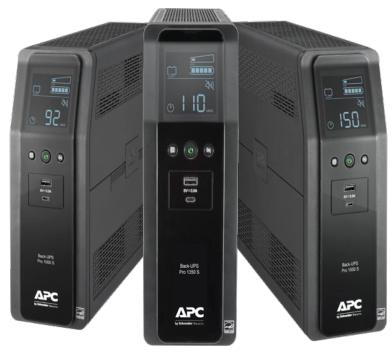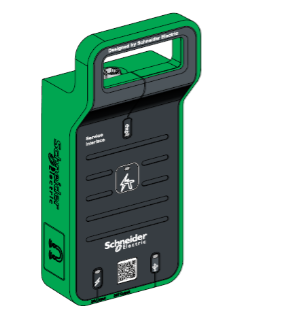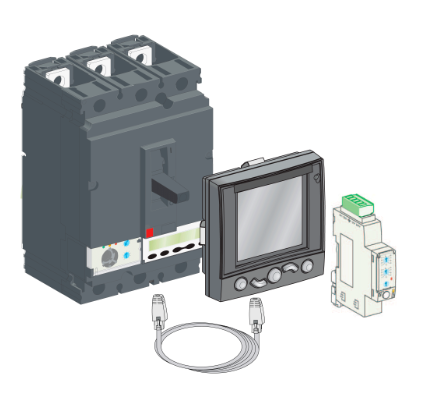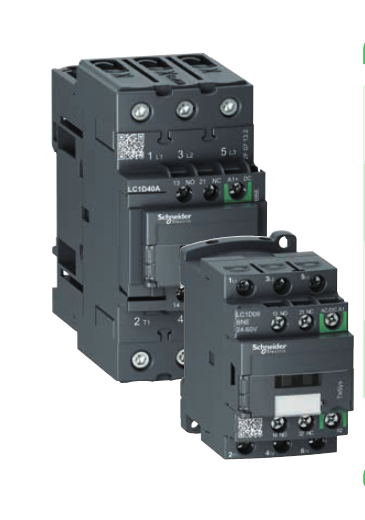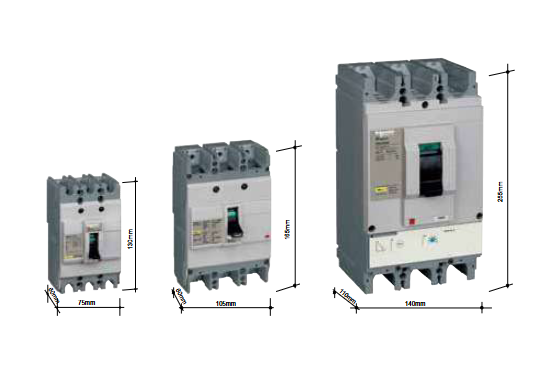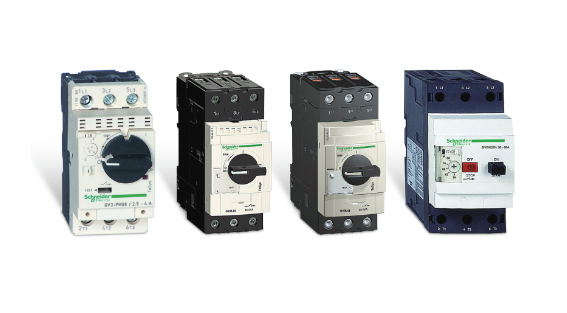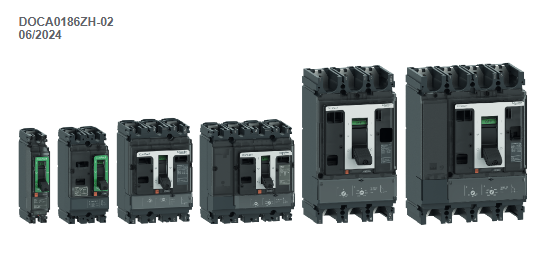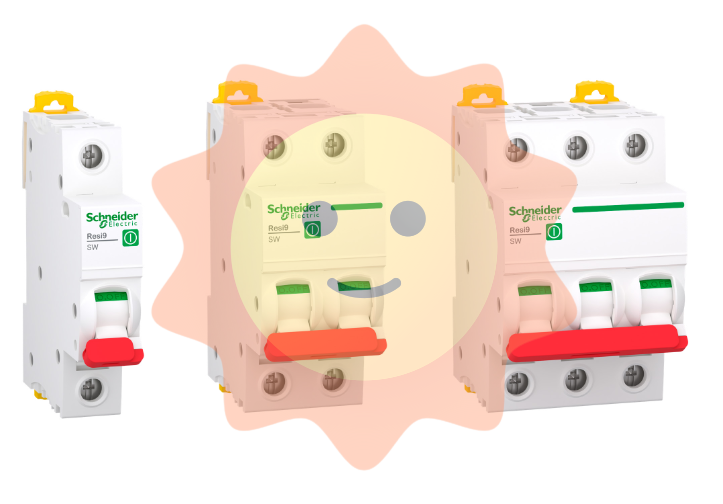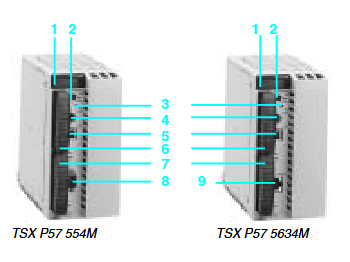ABB Electrical 1SBN010010R1010 CA5-10 Auxiliary Contact Block
Basic Introduction
ABB Electrical 1SBN010040R1240 Auxiliary Contactor Block is an auxiliary contactor block manufactured by ABB. It plays the role of auxiliary control and signal processing in the electrical control system, and is usually used in conjunction with the main contactor or other control equipment.
Functional features
Auxiliary control functions
Used to extend the control functions of the main contactor. For example, in a complex motor control circuit, the main contactor is used to control the main power supply of the motor, while the auxiliary contactor module can provide additional control contacts for controlling the power supply of the motor's auxiliary equipment (e.g., cooling fan, lubrication system, etc.), or for realising complex control modes such as the star-delta start of the motor.
Signal feedback and interlocks
A variety of status signals can be provided, such as the contactor's suction status, release status, etc. These signals can be used for interlocking control. These signals can be used for interlock control to ensure the safety and reliability of the system. For example, in an automated production line, when the main contactor fails to latch properly, the auxiliary contactor module can feed back the fault signal to the control system, and at the same time prevent other related equipment from operating incorrectly through the interlocking logic.
Multi-Contact Configuration
Multiple auxiliary contacts are usually provided, including normally open (NO) and normally closed (NC) contacts. These contacts can be flexibly configured to control different circuits or signals according to actual control requirements. For example, a normally open contact can be used to activate an alarm device to sound an alarm when there is an abnormality in the contactor, and a normally closed contact can be used to cut off the control circuit of other equipment to achieve a safety interlock.
Works with the main contactor
Designed to work well with ABB's main contactors (e.g. specific series of contactors) to ensure compatibility in terms of electrical and mechanical properties. During installation and use, it is closely integrated with the main contactor, sharing some of the mechanical structure and electrical connections, making the whole control unit more compact and efficient.
Technical Parameters
Electrical parameters
Rated voltage: including control coil voltage, contact voltage, etc. The control coil voltage is generally a specific direct current (DC) or alternating current (AC) voltage, such as 12V DC, 24V DC, 110V AC, 220V AC, etc. The contact rated voltage covers common AC and DC voltage levels to meet different load control requirements.
Rated current: Control coil current and contact current are important parameters. The contact current rating determines the size of the load it can control, for example, the contact current rating may range from a few amperes to tens of amperes, depending on the product design, which determines the range of equipment power it can drive.
Insulation performance: It has good insulation resistance and voltage resistance, and complies with the relevant electrical standards. Insulation resistance is used to measure the insulating effect of its internal insulating materials, and voltage resistance ensures that breakdowns and other failures do not occur in high-voltage environments, guaranteeing the safety of the equipment.
Mechanical parameters
Dimensions and mounting: There are specific external dimensions, usually designed for easy installation with the main contactor, such as card mounting, screw mounting and other ways. The mounting method ensures that the connection between the auxiliary contactor module and the main contactor is firm and reliable during use, and that the mechanical actions are coordinated.
Mechanical and electrical life: Mechanical life is the number of operations that can be withstood under normal mechanical operating conditions, while electrical life is the number of times that the contactor can operate normally under specified electrical loading conditions. These two parameters reflect the durability of the auxiliary contactor module, which generally has a mechanical and electrical life of tens of thousands of cycles or more.

- User name Member Level Quantity Specification Purchase Date
- Satisfaction :
-










